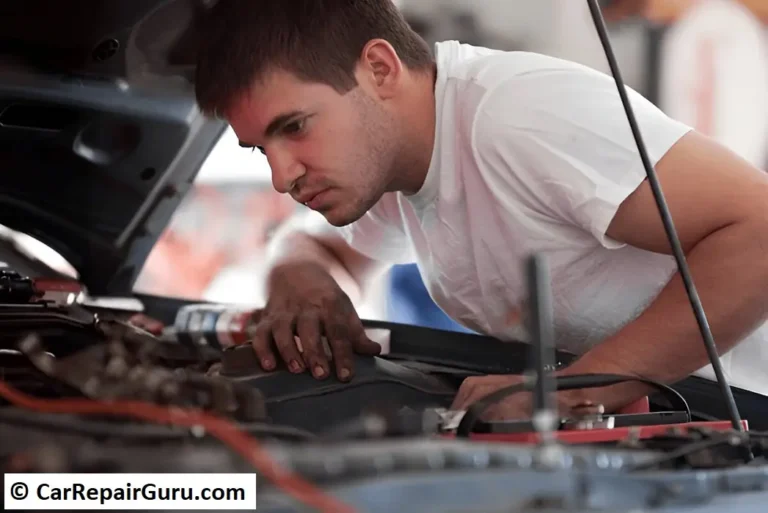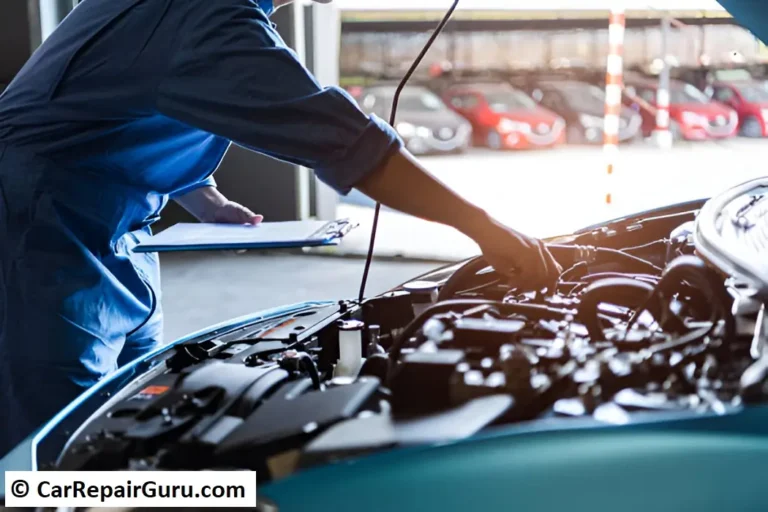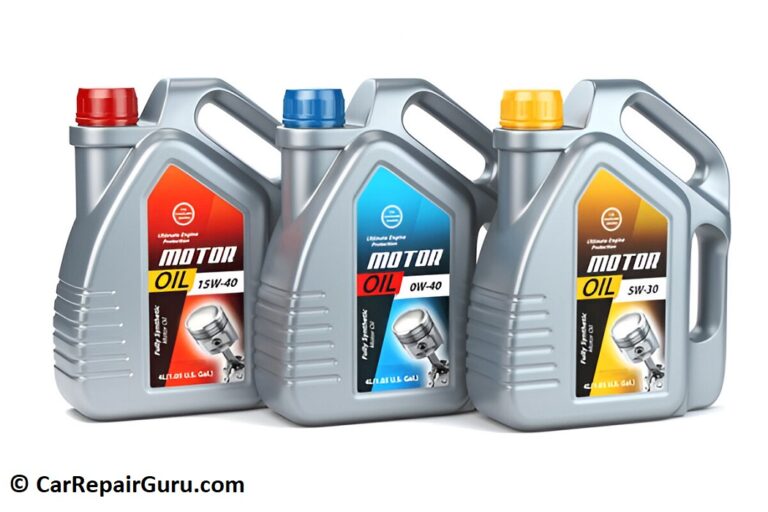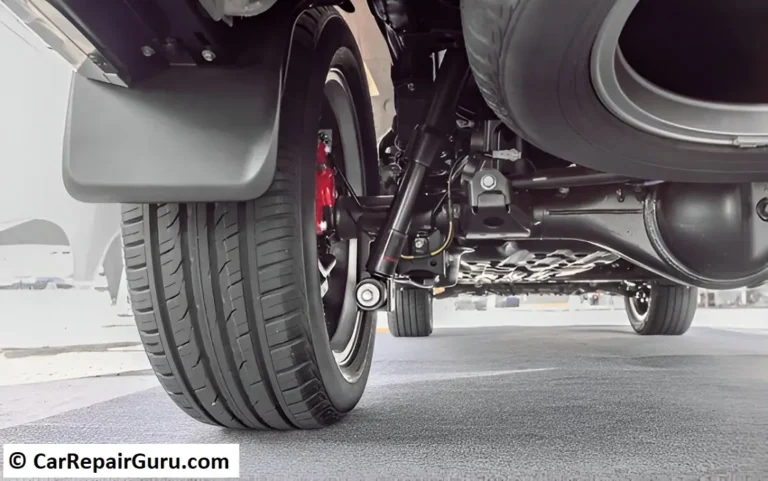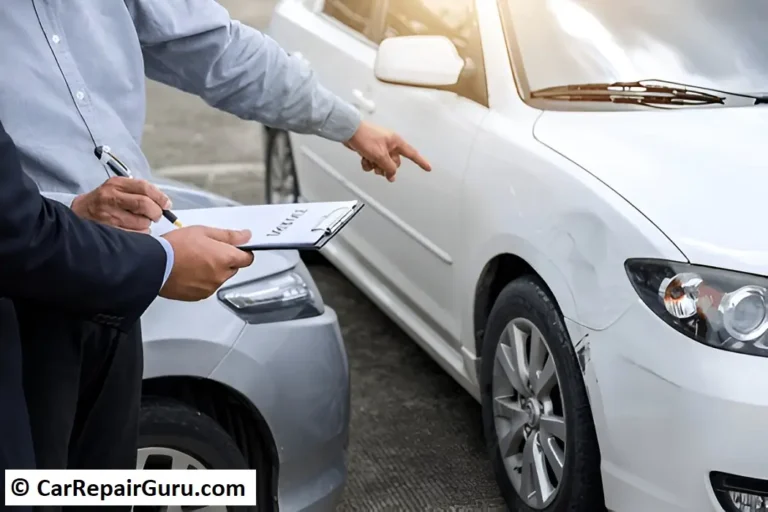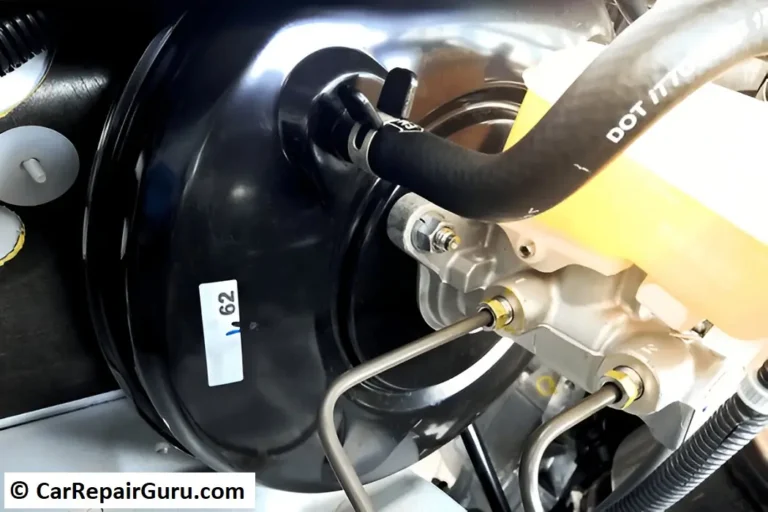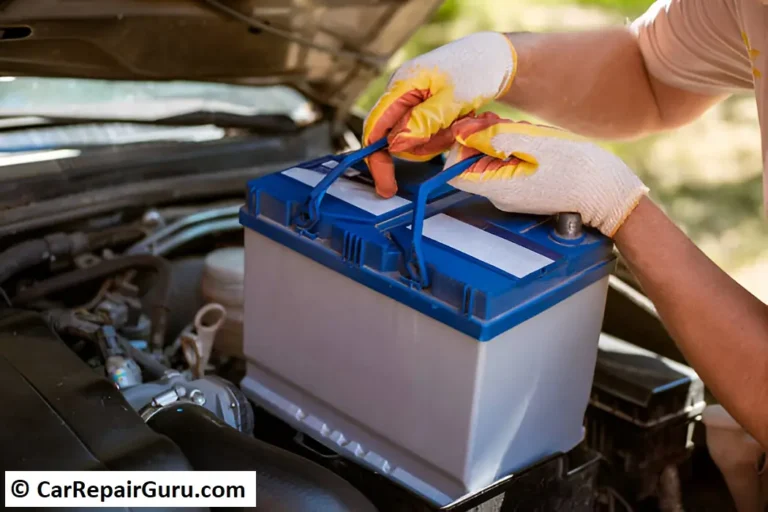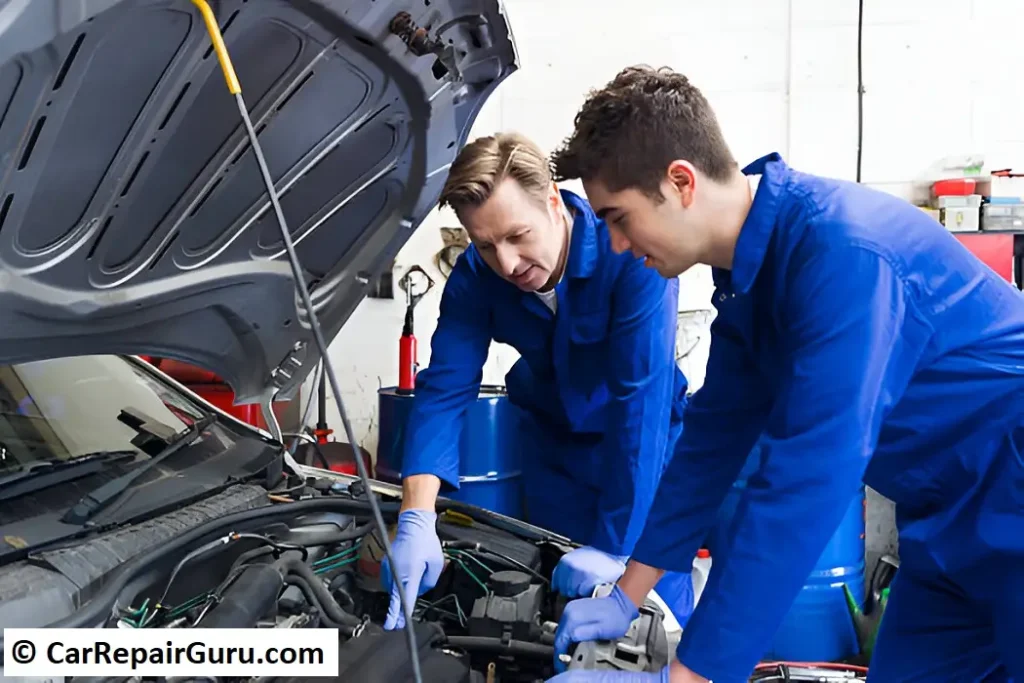
Maintaining your car might feel like a daunting task, but it doesn’t have to be. By following a few quick car maintenance tips, you can ensure your vehicle stays in top shape without spending hours or breaking the bank. Whether you’re a seasoned driver or someone who just got their first car, these easy steps can help you save money, improve safety, and enhance your car’s performance.
Why is regular car care so important? Imagine driving in the rain with faulty windshield wipers or trying to start your car with a dead battery. These are situations that can be avoided with simple, proactive maintenance. Plus, a well-maintained car uses less fuel, reduces emissions, and lasts longer—benefiting both your wallet and the environment.
In this guide, we’ll walk you through actionable tips for essential car care. From checking tire pressure to monitoring your brake performance, each tip is designed to be simple yet impactful. Let’s dive in and make car maintenance a stress-free part of your routine.
Why Routine Maintenance Matters
Your car is more than just a mode of transportation—it’s an investment. Regular preventive car care not only ensures smooth operation but also saves you from the headache of costly repairs down the road. For example, something as simple as monitoring your engine oil level can prevent engine failure, which could cost thousands of dollars to fix. Similarly, keeping your tires properly inflated not only improves safety but also extends their lifespan, reducing your long-term expenses.
Beyond saving money, regular vehicle upkeep directly impacts fuel efficiency. When your engine runs smoothly, your car uses less fuel, which translates into savings at the gas pump. For instance, a clogged air filter can reduce your car’s fuel efficiency by up to 10%. Replacing it ensures optimal performance while cutting down on emissions—a win for your wallet and the environment.
Additionally, well-maintained vehicles are less likely to contribute to air pollution. By keeping your car in good condition, you’re helping to reduce harmful emissions and minimize your carbon footprint.
Routine maintenance might seem like a chore, but the benefits—better performance, enhanced fuel efficiency, and fewer unexpected breakdowns—are well worth the effort. Your car and the planet will thank you.
Top 10 Quick Maintenance Tips
Caring for your car doesn’t have to be overwhelming. These quick car maintenance tips are simple, effective, and can be handled by most drivers. Let’s dive into the top ten tips that will keep your car running smoothly and safely.
1. Read Your Owner’s Manual
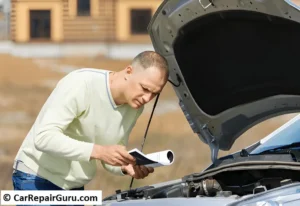
Your owner’s manual is your car’s personalized guide. It outlines the specific maintenance schedule and requirements for your vehicle, from oil changes to tire rotations. Spending just a few minutes reviewing this manual can save you from costly mistakes.
2. Check Tire Pressure Regularly
Proper tire pressure is essential for safety and fuel efficiency. Underinflated tires wear out faster and increase fuel consumption, while overinflated tires can compromise handling. Use a tire gauge to check pressure monthly, and don’t forget to inspect for uneven wear or damage.
3. Inspect Fluids
Your car relies on various fluids to function smoothly. Regularly check:
- Engine oil: Low or dirty oil can damage the engine.
- Brake fluid: Low levels may indicate a leak or worn brake pads.
- Transmission fluid: Vital for smooth gear shifts.
Topping off or replacing these fluids ensures your car runs efficiently.
4. Replace Windshield Wipers
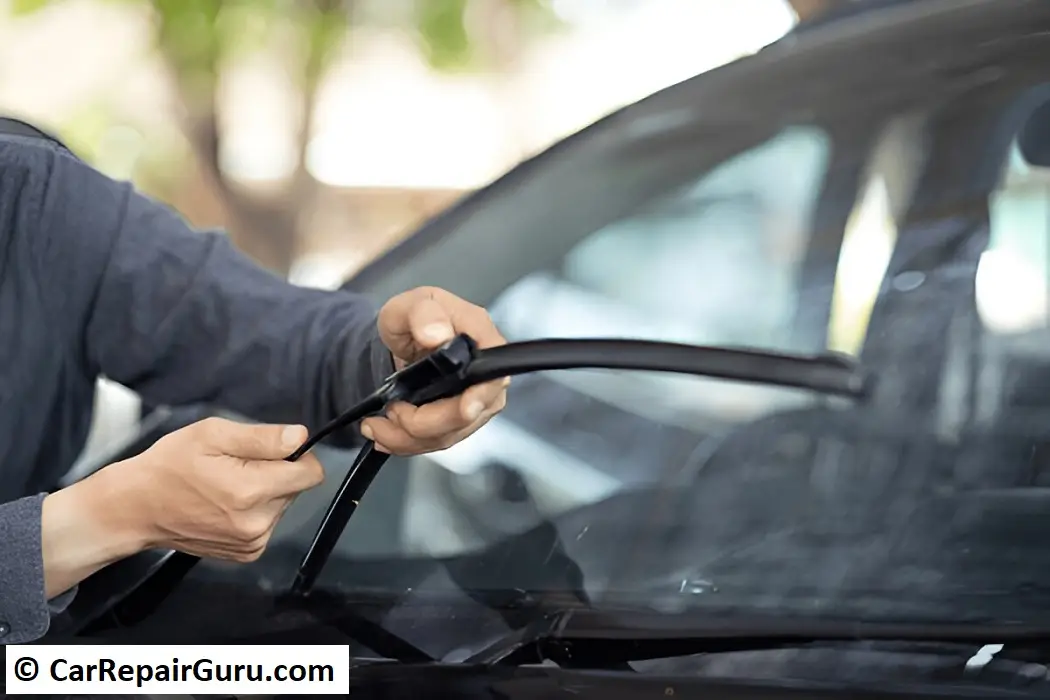
Clear visibility is crucial for safe driving. Over time, wiper blades wear out, leaving streaks or failing to clear the windshield effectively. Replace them at least once a year or whenever they show signs of wear.
5. Clean Battery Terminals
Corrosion on your car’s battery terminals can lead to starting issues or electrical malfunctions. Clean the terminals with a mixture of baking soda and water, then secure the connections to keep your battery in good condition.
6. Replace Air Filters
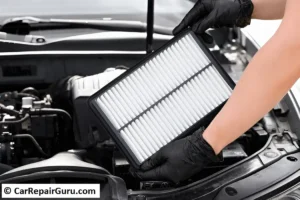
A clogged air filter reduces airflow to the engine, affecting performance and fuel efficiency. Check your air filter every 12,000-15,000 miles and replace it if it’s dirty. A clean air filter can enhance engine power and improve mileage.
7. Monitor Brake Performance
Brakes are a critical safety component. Pay attention to warning signs such as squealing noises, a soft brake pedal, or vibrations while braking. If you notice these, inspect your brakes or consult a mechanic to replace worn components.
8. Check and Replace Lights
Faulty headlights, brake lights, or turn signals not only reduce visibility but can also lead to accidents. Test all lights periodically, and replace any burnt-out bulbs immediately to ensure you’re visible to other drivers.
9. Clean and Wax the Exterior
Dirt and grime can cause rust and dull your car’s appearance. Regularly washing and waxing your car protects the paint and prevents corrosion. Focus on the undercarriage, especially in winter when road salt can accelerate rusting.
10. Refill Coolant
Coolant prevents your engine from overheating, particularly in extreme temperatures. Check the coolant levels and ensure the mixture is at the recommended ratio. Refill or replace coolant as needed to avoid costly overheating repairs.
Why These Tips Matter
By following these simple DIY car maintenance practices, you can prevent breakdowns, extend your car’s lifespan, and save money on repairs. These tasks are easy to incorporate into your routine and can significantly enhance car safety maintenance and fuel efficiency.
DIY vs. Professional Maintenance
When it comes to car maintenance, knowing what you can handle yourself and when to seek professional help is key to saving time and money while ensuring safety.
Tasks Suitable for DIY
Many DIY car maintenance tasks are simple and cost-effective, requiring minimal tools or expertise. For example:
- Cleaning battery terminals: A mix of baking soda and water can easily remove corrosion.
- Checking tire pressure: A tire gauge and a few minutes are all you need to ensure proper inflation.
- Replacing windshield wipers: This is a quick fix that doesn’t require special skills.
- Inspecting and topping off fluids: Basic checks for oil, brake fluid, and coolant can prevent major issues.
These tasks empower you to perform affordable car repairs without a mechanic’s assistance.
When to Call a Professional
Some jobs require specialized tools or expertise. For instance:
- Brake repairs: Handling brake pads or rotors without proper knowledge can compromise safety.
- Engine diagnostics: Strange noises or a persistent check engine light should be evaluated by a professional.
Knowing when to leave more complex jobs to the experts ensures proper care and avoids costly mistakes, making it a cornerstone of essential car maintenance.
Conclusion
Consistent car maintenance is the key to ensuring your vehicle’s longevity and optimal performance. By incorporating these quick car maintenance tips into your routine, you can prevent costly repairs, improve fuel efficiency, and enhance safety. Whether it’s a simple DIY task like checking tire pressure or seeking professional help for complex repairs, staying proactive makes all the difference.
Take the next step in keeping your car in top shape by downloading our comprehensive car maintenance checklist. This easy-to-follow guide will help you stay on track with essential tasks and avoid surprises on the road. Regular care not only saves money but also gives you peace of mind knowing your car is ready for every journey.
FAQs on Car Maintenance
How often should I check my tire pressure?
You should check your tire pressure at least once a month and before long trips. Properly inflated tires improve safety, fuel efficiency, and tire lifespan. Use a tire gauge to ensure the pressure matches the manufacturer’s recommendations in your owner’s manual.
Can I use any type of motor oil?
No, it’s essential to use the motor oil grade specified in your owner’s manual. Using the wrong oil can reduce engine performance and lead to long-term damage. Ensure you choose oil suited for your car’s make, model, and driving conditions.
What’s the best schedule for oil changes?
Most vehicles require an oil change every 5,000-7,000 miles. However, this can vary based on factors such as driving habits, climate, and the type of oil used. Check your owner’s manual for specific recommendations for your vehicle.
How can I improve my car’s fuel efficiency?
Improving fuel efficiency involves simple maintenance practices like maintaining proper tire pressure, replacing air filters regularly, and performing scheduled oil changes. These habits keep your engine running efficiently, saving fuel and reducing emissions.
Why is my check engine light on?
The check engine light can indicate a range of issues, from something minor like a loose gas cap to more serious problems like faulty spark plugs or issues with emissions control. Use an OBD-II scanner for diagnostics or consult a mechanic for a thorough check.
